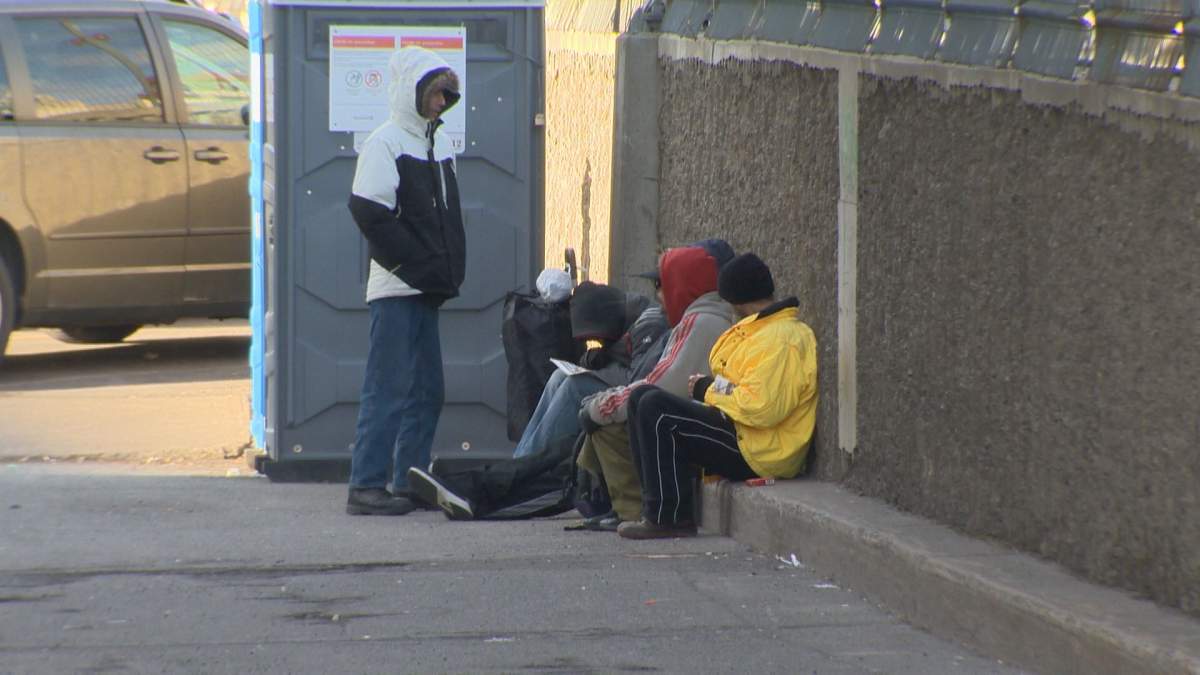Many Canadians have lost jobs but have been saved from financial ruin during the COVID-19 pandemic.

A major contributor has been the Canada Emergency Response Benefit (CERB), providing $500 a week for those who have lost their income. As of May 7, the federal government has received 11.21 million applications for the benefit.
Now, some are hoping the government keeps that type of social assistance around.
Two-thirds of Manitobans in a recent poll from Basic Income Manitoba say they would support a universal basic income for those in need — pandemic or not.
“I would love to say I knew it all along, but those results are very encouraging,” says BIM chair Paul Walsh. “We’re trying to get our message across to Manitobans, and it’s very gratifying.”
He says the concept is relatively simple: fight poverty by ensuring everyone makes enough money to survive.

Get breaking National news
“The word ‘basic’, or other people say ‘livable’, means to meet the costs of their rent, food, clothes, transportation,” Walsh says.
Critics say the benefit works well in emergency situations, but installing it into our day-to-day lives would cost too much.
“Sometimes an idea that makes no sense in normal times makes perfect sense in times of crisis,” writes conservative strategist Ken Boessenkool in an opinion piece for The Globe and Mail.
“There’s a reason why our system of supports is complicated and difficult and that’s because the reasons why people are poor are complicated and difficult.”
There’s no fixed cost on a potential basic income program — that would depend on its structure.
A 2017 report from the Northern Policy Institute estimated a federal basic income program would cost $15 billion a year.
A 2018 report by Parliament’s fiscal watchdog suggested the annual cost of a guaranteed basic income for low-income Canadians could be $43 billion.
Walsh isn’t arguing the cost of such a program, but instead, how Canadians perceive that spending.
Instead of regarding it as a handout, he asks Manitobans to think of that money as a re-investment in their province.
“It restores dignity, it restores participation in the community, it allows for everyone to be a participating citizen. Our pilot projects, surveys and statistics show the economy and population all benefit.”
Walsh said the current programs available to Canadians were the result of a “knee-jerk reaction” by the federal government, but one he hoped would stick around.
“Hopefully, when we’re not focused exclusively on the pandemic, this will become a regular part of being a Canadian. Knowing your governments — that means all of us — are prepared to make sure no one falls below a certain income level, and everyone’s needs are met.”
–With files from Maryam Shah.













Comments
Want to discuss? Please read our Commenting Policy first.